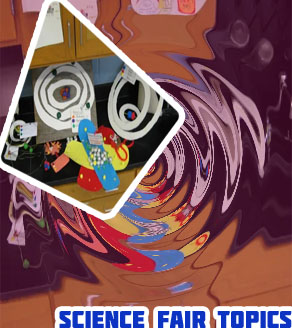
- Science fair decorations
- Stem science for preschoolers
- Autumn stem activities
- Science stem activities for kindergarten
- Science and engineering
- Science technology and engineering
- Computer science
- Science experiments ideas
- Earth science for stem
- Courses under stem
- Stem team building activities
- Easy stem projects
- Steam in higher education
- Master of science in stem education online
- What is a stem professional
- General chemistry definition
- Microsoft stem education
- Christmas stem activities
- Physics science fair projects
- Steam and education
- Outdoor stem activities
- Stem science
- Stem science projects
- Science and technology
- Mathematics in biological sciences
- Science and engineering fair projects
- Science fair projects
- Math and science academy
- Stem science activities for elementary
- Science fair volcano
- Stream science technology
- Science stem careers
- Science in daily life project
- What is stem field in science
- Science fair projects for 6th class
- Animal science project ideas
- Science fair projects for high schoolers
- Easy science fair projects
- Good science fair projects
- Stem related degree
- What goes on a science fair project board
- Stem education for preschoolers
- Skittles science fair project
- Highest paying stem majors
- Engineering activities for kindergarten
- Steam science projects
Science projects for class 6 easy
Do you want Kolb Labs at your school?
6th science fair projects
Science Fair Fun: Designing Science Fair Projects - This EPA booklet provides students in grades 6-8 with ideas and resources for developing environmental science fair projects about reducing, reusing, and recycling waste materials. Use Cabbage to Test pH Most science fairs in middle school are relatively free-form, with students choosing projects that are appealing to them based on the curriculum throughout the year in their science class. This freedom is thrilling for budding scientists, but how do you narrow their interests down to a successful fair project? Identify their everyday interests and ask open-ended questions that could lead to a winning 6th grade science fair project! For instance:

ADS (these ads support our free website)
Best science project for 6th class
Thank you for sharing! I teach AP Environmental Science to Junior and Senior level students in High School. We just did a lesson on Biomagnification during our pollution unit. I plan to use the celery activity as a demonstration/visual aid to help them SEE Bioaccumulation then review over Biomagnification. Next year I’ll do your celery demo before the activity. Search 6th Grade Science Projects Positional notation for representing numbers likely emerged between the 3rd and 5th centuries CE along Indian trade routes. This numeral system made efficient arithmetic operations more accessible and would eventually become standard for mathematics worldwide.